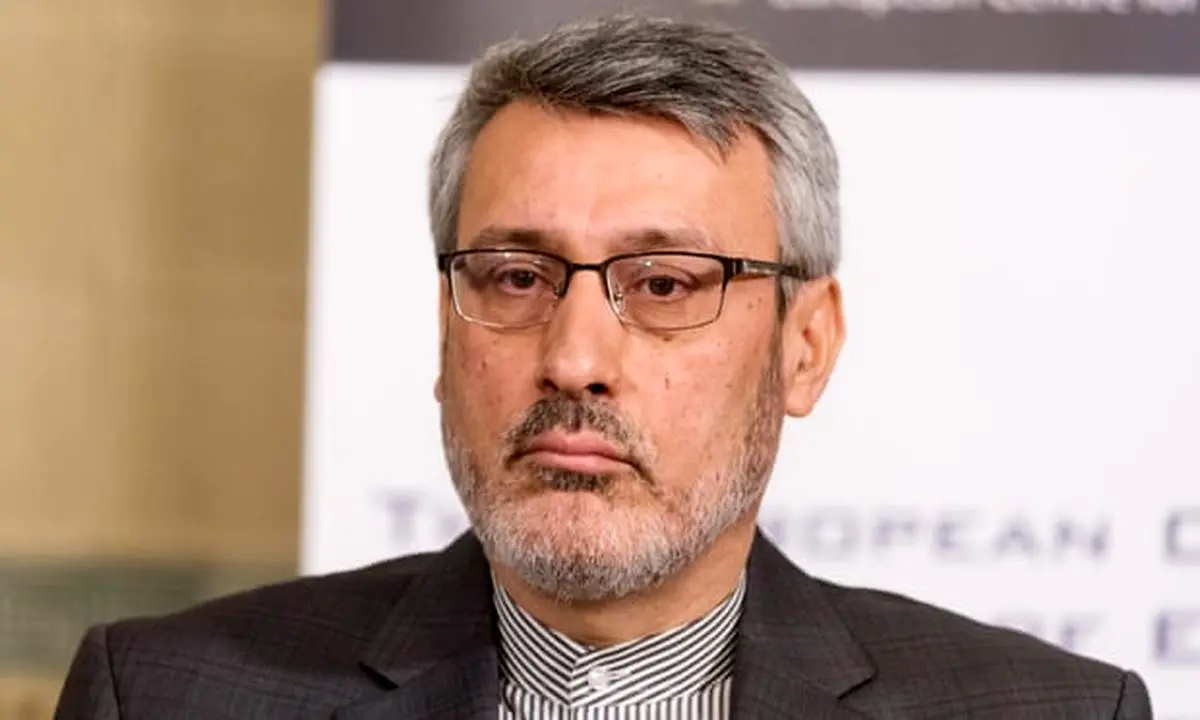Iran's ambassador to UK reveals bilateral talks over £400m debt

The Iranian ambassador to the UK says the bilateral talks were taking place over the payment of an outstanding £400m debt owed by the UK to Iran.
According to Guardian website news, Hamid Baeidinejad said the two sides were looking at novel ways for the debt to be paid.
It is the first time a UK or Iranian official has admitted in public that talks on the matter are underway, including the possibility of the debt being paid off through medicines and humanitarian goods.
Neither side will openly acknowledge there is a link between the debt and the retention of the British-Iranian dual national Nazanin Zaghari-Ratcliffe in jail. She was sentenced to five years on spying charges in 2016, a charge she has always denied.
Interviewed by the Iranian newspaper Etemad, Baeidinejad said the previous UK foreign secretary, Jeremy Hunt, had taken a counter-productive, aggressive approach to the issue of Zaghari-Ratcliffe’s release, but Boris Johnson’s new government was adopting a different line.
He said: “In Britain media and public opinion were engaged because of her being a mother with a young child. The ministry of foreign affairs of Iran has also relayed this media and psychological atmosphere to the country’s judicial system. But it is up to the judiciary to decide whether or not to release her.
“As we know, classes of prisoners who spend half their time in prison can be subject to reduced sentences. We have tried to advise Ms Zaghari’s family to think of trying to use such legal and judicial remedies in Iranian law, rather than taking psychological measures and designing political and media campaigns on Iran.
With regards to the debt, Baeidinejad said the size and the interest was agreed between the two parties, and it was natural for discussions to start from how the payment could be made.
The UK says it cannot make the payment since the Iranian ministry of defence, to which the sum is owed, is subject to EU sanctions. Similarly, the pervasive US sanctions make it difficult to make a payment to Iran’s central bank.
Baeidinejad added: “The legal process of this long-running case, which has been going on for more than 50 years, is nearing its end.
The court has ordered the British government to pay the Iranian debt plus interest, and this cannot be changed. At the same time, the opposing lawyers have tried to use every legal opportunity to delay the practical execution of the court’s decision.”
He said: “It is natural to come up with ideas for the type of payment as the time comes to pay off the debt, given the complexities and banking problems. The Islamic Republic of Iran also has ideas for expediting the debt. Finalising the payment method requires a mutual agreement, and talks are underway to determine the details of how the agreements will be implemented.”
END
